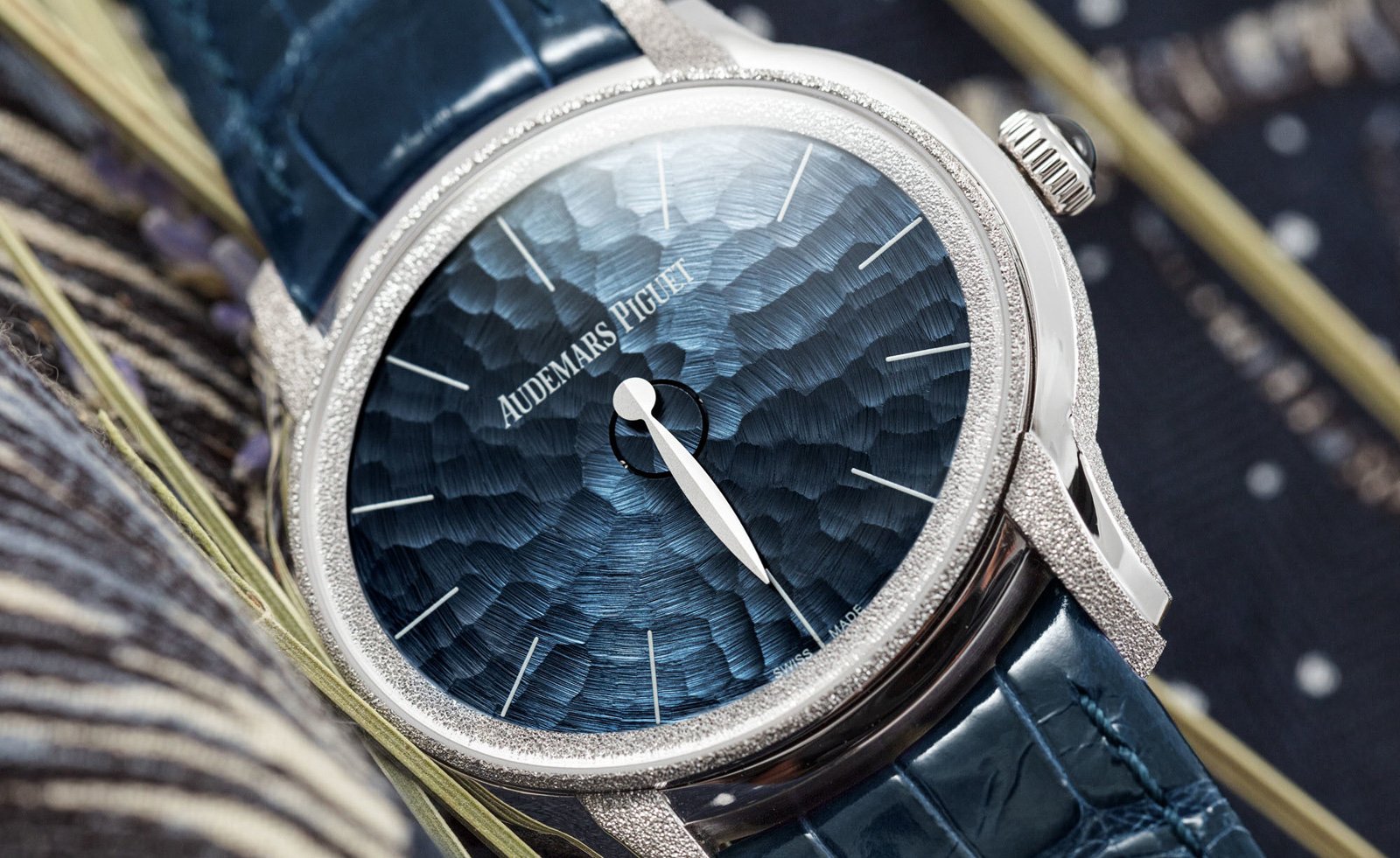ime has changed. It’s as if it were no longer passing in the same way as before. The hours and minutes tick by differently than before the coronavirus pandemic. By forcing billions of Earthlings to stay confined at home, it has suspended time for them, whether in a palatial home against the blue sky of the Grenadines in the case of certain billionaire recluses, or in a wooden hut where three generations of the same family are huddling.
The conditions are not the same, but for once, the wealthy and the poor are confronted with the same fear of an invisible, but democratic enemy, in that it makes no social distinction (the distinction comes after infection, not owing to the coronavirus, but to mankind).
Now, time no longer stretches out before us as it did before. It is no longer an arrow, shooting forward, but a loop going round and round, hypnotising the entire planet.
Consequently, the recluses that we all are have in common a perception of time that has radically changed. Now, time no longer stretches out before us as it did before. It is no longer an arrow, shooting forward, but a loop going round and round, hypnotising the entire planet.
How can watchmaking, the primary function of which is to measure and display time – the same for everyone – not also emerge changed?
We are not talking here about the economic changes that the watch sector will undergo, the future upheavals in its distribution channels, the problem of how to sell the stocks that will have mounted up, the strengthening of the major players or the bloodletting among the independent watchmakers, the consequences for the industrial sector, new rivalries yet to come… the list goes on.
No, contrary to what some people still dare believe, it will not be a return, however gradual or abrupt, to “business as usual”. The long period of deceleration and the brutal halt imposed on the relentless agitation, the never-ending acceleration of tempo, the tyranny of real-time, will leave a deep mark.
How can watchmaking, the primary function of which is to measure and display time – the same for everyone – not also emerge changed?

WILL WE SLOW DOWN OR ACCELERATE?
Either we will learn a lesson from this KO technique, which will engage us to slow down, think, at last try to change what must be changed for the sake of the planet and opt for the long term.
Or else the opposite will happen: the headlong rush will start up again faster than before. Time will spin out of control.
In either case, the general trend (because we’ll be hearing and seeing all kinds of things) will dictate what becomes of the watchmaking industry.
If time slows down, mechanical watches may become the talisman of that. If the world applies the brakes, the personal sphere will shrink to more intimate proportions. The ticking watch soothes and speaks the truth. It counts away the minutes impartially. It is like the hearthplace of a home.
If time slows down, mechanical watches may become the talisman of that.
Stylistically, for watches this would mean a return to greater measure, greater classicism. Their role would be to reassure, rather than flex muscles. To be passed on rather than doomed to obsolescence.
But if, on the contrary, time speeds up again in unbridled fashion and the god of all things, the final objective, becomes real-time – for transactions, communications, exchanges, dematerialisation – in that case watches will irrevocably be transformed into an ultra-smart platform that makes all these instantaneous exchanges possible, their time-telling function existing only to control the rest. In this scenario, mechanical watches will cater solely to an ultra-luxury niche market at the very top of the pyramid. A fetish object from a vanished world.
If, on the contrary, time speeds up again, watches will irrevocably be transformed into an ultra-smart platform.

CHI VA PIANO, VA SANO
Let’s be optimistic and imagine that the world decides to go piano and, therefore, sano. It’s realistic to have doubts given human nature, which is blind by nature, but one can always hope.
What has struck everyone is the rapidity with which this pandemic has spread around the globe. As if the hands of time had suddenly accelerated all the better to slow us down. The breakneck speed of this contamination exactly mirrors the relentless flow of people and goods circulating like the blood of neo-liberal (and post-communist) globalisation.
What has struck everyone is the rapidity with which this pandemic has spread around the globe. As if the hands had suddenly accelerated all the better to slow us down.
A perfect illustration and demonstration of this circulation is provided by this animated computer graphic from the New York Times, which tracks the global progress of the virus geographically and temporally by monitoring mobile phones (the clocks of the 21st century) from the initial cluster, the seafood market of Wuhan.
Click here to read: How the Virus Got Out by Jin Wu, Weiyi Cai, Derek Watkins and James Glanz, March 22, 2020, The New York Times.
Space and time seem almost to have been almost wiped out by the speed of these flows which, paradoxically, have resulted in total stoppage. The targets we have become have been struck by lightning-fast arrows. In striking, they stopped time. And opened up onto a period of confinement in a strictly limited space, and forced immobility. At the very least, this paradox begs certain questions.
In this context, what is the significance of a tick-tocking watch? Rather than indicating the progress of time, the mechanical turning of the cogwheels has become a countdown.
What will be the legacy of this unparalleled time experiment shared by nearly three billion people?
Living through the coronavirus is a philosophical experience that is still ongoing. Unlike war and its enemies who are like us (but think differently), the virus has no plan, no ideology, no conscience. It has come into existence, and that is enough for it. One could say that it’s a Stoic without knowing it. It has us by the throat and is forcing us to regard our condition as very temporal beings straight in the eye. Since gods are now forever absent, it tells us, I remind you that you are all subject to one, common law: that of time, and yours is limited! And to make sure we do not forget this fundamental lesson, what better transitional object than a mechanical watch, the power reserve of which is limited!

Audemars Piguet Millenary Frosted Gold Philosophique
For Jasmine Audemars, “the Millenary Philosophique takes a break from the rushing minutes of our world and invites you to set your own tempo” (photo Liam O’Donnell for Watchonista).
It refers back to the first Philosophique, issued in 1982 by Audemars Piguet in response to another kind of threat at that time: the quartz “virus”.



















































